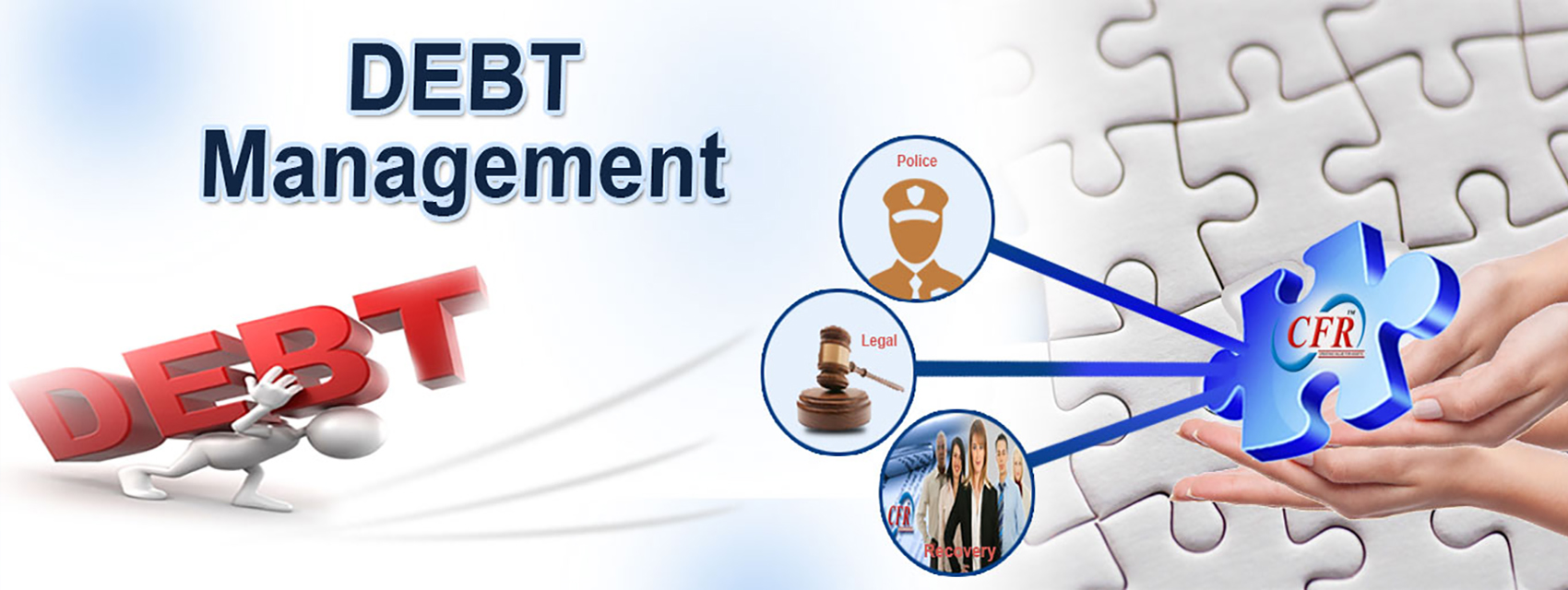Why You Ought To Think About Debt Management Plan Services for Handling Your Funds
Why You Ought To Think About Debt Management Plan Services for Handling Your Funds
Blog Article
Expert Tips and Strategies for Implementing an Effective Financial Debt Administration Plan
When it comes to browsing the intricacies of financial debt management, having a well-thought-out strategy is critical for achieving monetary stability. From examining your existing financial standing to working out with lenders, each step plays a crucial duty in forming an effective debt management plan.
Analyzing Your Existing Financial Scenario
Prior to getting started on a financial debt administration plan, it is important to completely assess your current financial standing. Understanding your financial scenario is the fundamental step towards effectively managing and lowering your financial debt. Begin by putting together a breakdown of all your debts, consisting of impressive balances, rate of interest, and minimal monthly settlements. This will certainly offer a clear overview of the level of your monetary obligations. In addition, examine your income resources and regular monthly expenses to establish your disposable revenue offered for debt settlement.

Creating a Realistic Budget
Comprehending your existing monetary situation lays the foundation for establishing a realistic spending plan that lines up with your debt monitoring goals and financial capacities. When producing a spending plan, it's vital to precisely track your revenue, costs, and debt commitments. By classifying your expenditures, you can determine locations where you may require to cut back to release up funds for debt settlement.

Prioritizing and Tackling Debts
To effectively regain control of your funds and work towards economic security, prioritizing and tackling your financial obligations is a vital step in your debt monitoring plan. Identify high-interest financial debts that are costing you the most money and prioritize paying them off.
After recognizing your high-interest financial obligations, think about utilizing techniques like the financial obligation snowball or financial obligation avalanche technique to pay them off systematically. The financial obligation snowball technique entails settling the smallest financial debts first, while the financial debt avalanche method focuses on debts with the highest possible rates of interest. Choose the approach that aligns ideal with your financial objectives and motivates you to keep making progression.
Additionally, take into consideration negotiating with financial institutions for lower rate of interest prices or setting up a repayment strategy if you're struggling to satisfy your existing responsibilities. Looking for assistance from a credit report therapist or monetary expert can additionally offer beneficial understandings and support on how to efficiently tackle your financial obligations - debt management plan services. By focusing on and addressing your debts tactically, you can lead the way towards a debt-free future and enhanced monetary health
Bargaining With Creditors
When engaging in debt management, bargaining with financial institutions is an essential action towards finding equally valuable options for financial obligation repayment. Prior to launching settlements, it is important to have a clear understanding of your financial scenario, go now including your earnings, expenses, and the complete quantity of debt owed.

Structure Healthy And Balanced Financial Routines
Incorporating constant budgeting techniques is important for growing healthy and balanced financial practices. Budgeting permits individuals to track their earnings and costs, allowing them to make informed decisions regarding their economic priorities. Setting certain economic objectives, such as saving for emergencies or retirement, can supply a clear roadmap for taking care of money efficiently.
One more secret facet of structure healthy and balanced financial practices is living within one's ways. This entails investing less than what is earned and avoiding unnecessary financial obligation. Identifying and adopting an economical attitude in between wants and needs can aid people make even more prudent costs selections.
Frequently checking and reviewing economic declarations credit scores reports are essential habits that promote economic recognition and obligation. By staying educated concerning their monetary standing, individuals can recognize possible problems at an early stage and take proactive actions to address them.
Additionally, developing a financial savings routine, despite having percentages, can contribute dramatically to lasting financial security. Conserving on a regular basis not only constructs a monetary cushion for unanticipated costs but additionally cultivates a feeling of self-control and obligation towards cash administration. By consistently practicing these habits, people can lay a solid foundation for a secure monetary future.
Verdict
To conclude, implementing a successful financial debt administration strategy requires a thorough evaluation of one's economic situation, the growth of a realistic budget plan, focusing on and tackling financial obligations, negotiating with lenders, and structure healthy monetary behaviors (debt management plan services). By following these professional pointers and strategies, individuals can take control of their funds and work towards attaining economic stability and freedom from financial obligation
Recognizing your current financial circumstance lays the foundation for creating a realistic budget that lines up with your financial obligation monitoring objectives and financial capabilities.To successfully gain back control of your funds and work towards financial stability, prioritizing and tackling your financial obligations is a crucial step in your debt management plan.After identifying your high-interest financial obligations, think about making use of strategies like the debt snowball or financial obligation avalanche technique to pay like this them off methodically. look these up The financial obligation snowball technique includes paying off the tiniest financial debts initially, while the financial debt avalanche approach focuses on financial obligations with the highest possible passion prices.When engaging in debt management, negotiating with creditors is a critical action in the direction of locating equally helpful options for financial obligation payment.
Report this page